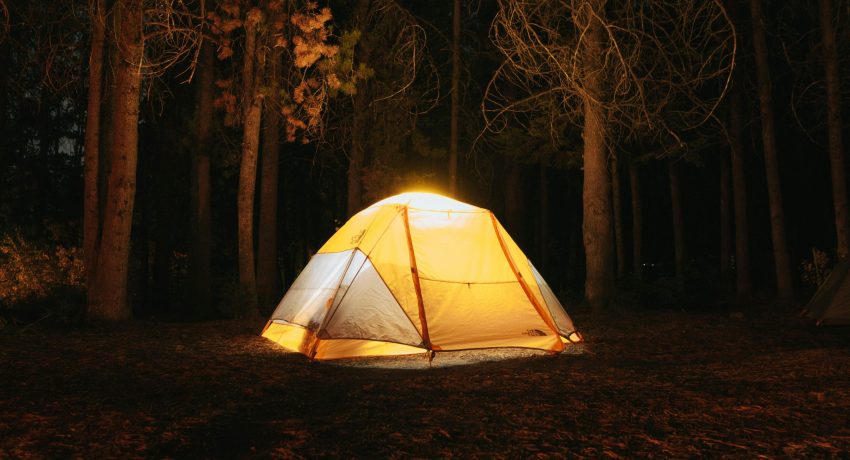Selecting the appropriate tent is a crucial consideration for adventurers planning wilderness expeditions, as it serves as their primary shelter and protection from the elements during outdoor adventures. With a wide variety of tents available on the market, adventurers must carefully consider factors such as size, weight, durability, and weather resistance to ensure they choose the right tent for their needs. Here are some key considerations to keep in mind when selecting a tent for wilderness adventures.
Firstly, adventurers should consider the size and capacity of the tent based on the number of occupants and their gear. Tents are available in various sizes, ranging from one-person to multi-person options, each designed to accommodate a specific number of occupants comfortably. It’s important to choose a tent with sufficient space for occupants to sleep, store their gear, and move around comfortably, without feeling cramped or overcrowded.
Additionally, adventurers should consider the weight and packability of the tent, especially if they plan to hike or backpack long distances to their camping destination. Lightweight tents made from durable materials such as nylon or polyester are ideal for backpacking, as they are easy to carry and set up, without adding unnecessary weight to the adventurer’s pack. It’s also important to choose a tent that packs down small and compactly, allowing adventurers to easily transport it in their backpacks or gear bags.
Another important consideration is the tent’s durability and weather resistance, especially if adventurers plan to camp in challenging or unpredictable weather conditions. Tents made from high-quality materials such as ripstop nylon or polyester are more durable and resistant to tears, abrasion, and UV exposure, ensuring they can withstand the rigors of outdoor use. Additionally, tents with waterproof coatings, reinforced seams, and sturdy poles provide added protection against rain, wind, and other elements, keeping occupants dry and comfortable during inclement weather.
Furthermore, adventurers should consider the tent’s design and features to ensure it meets their specific needs and preferences. Features such as vestibules, gear lofts, and interior pockets provide additional storage space for gear and personal belongings, helping to keep the interior of the tent organized and clutter-free. Ventilation features such as mesh panels, windows, and vents help to promote airflow and reduce condensation inside the tent, improving comfort and breathability for occupants.
In conclusion, choosing the right tent is a critical decision for adventurers planning wilderness expeditions, as it directly impacts their comfort, safety, and overall enjoyment during outdoor adventures. By considering factors such as size, weight, durability, weather resistance, and features, adventurers can select a tent that meets their specific needs and preferences, allowing them to embark on their wilderness adventures with confidence and peace of mind. Whether hiking in the mountains, camping in the wilderness, or exploring remote areas, having the right tent ensures adventurers have a comfortable and enjoyable outdoor experience.






